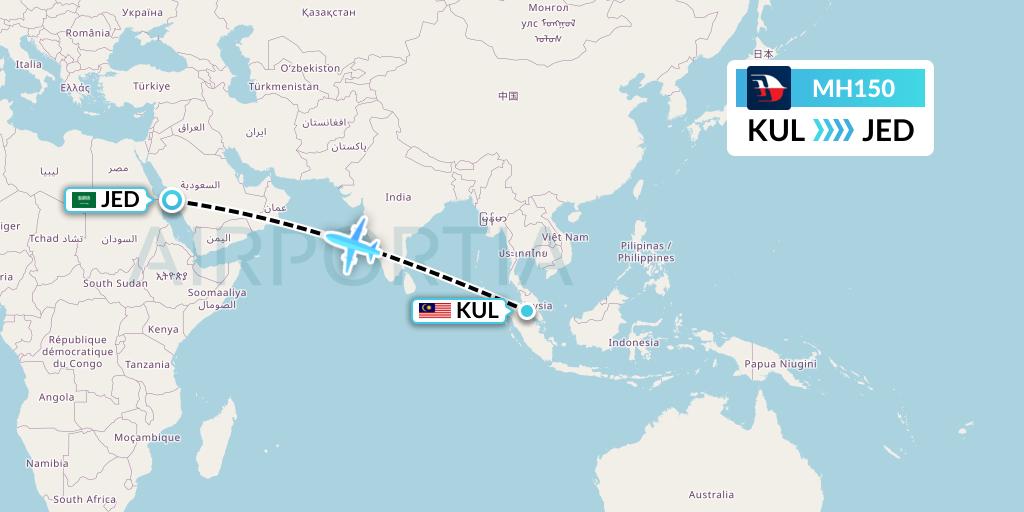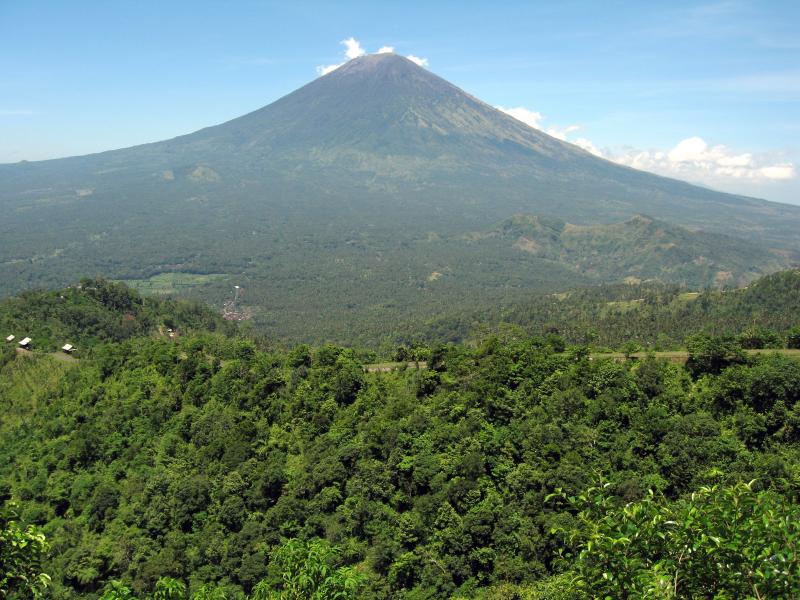Jetstar and Qantas planned to operate flights to Bali Friday night after a shift in the wind and a drop in seismic activity from the Mt Agung volcano allowed the island’s main airport in Denpasar to reopen.
Ngurah Rai airport was closed early Friday due to ash from the erupting volcano but re-opened about 2.30pm local time after originally planning to stay closed until 7pm.
Jetstar said in a 7pm update Friday: “Flying conditions around Denpasar Airport have improved and the airport has reopened. As a result, our scheduled flights to and from Bali have resumed this afternoon.
“At this stage, all scheduled flights on Saturday are planned to operate, subject to any change in conditions.
“Volcanic activity is unpredictable, so please be aware that conditions can change rapidly. We will update you immediately if there is any change to our schedule.
“If you are on a scheduled flight, before heading to the airport please check the status of your flight from the Flight status page on Jetstar.com or via our smartphone app.”
Qantas also planned to operate flights Friday tonight, again subject to any change in conditions. The airline operates one Sydney-Bali and one Melbourne-Bali flight daily.
“Our team of senior pilots and meteorologists will continue to monitor the situation and we thank our customers for their understanding,”the airline said.
“We advise customers booked to travel to Bali over the coming days to check their flight status on Qantas.com for the most up to date information.”
However, AirAsia and Virgin Australia took a more cautious stance.
AirAsia did not operate flights Friday night to either I Gusti Ngurah Rai International Airport in Denpasar and Juanda International Airport in Surabaya.
“This is due to the ash cloud from the Mount Agung eruption in Bali, Indonesia, which is forecasted to remain within the proximity of both airports,” it said.
“Several flights from and to Denpasar and Surabaya will be postponed to tomorrow, June 30.”
Virgin Australia canceled the remainder of its flights to and from Bali for Friday.
“Our team of meteorologists, experienced pilots and safety experts have been working closely with the Volcanic Ash Advisory Centre and have determined conditions remain unsuitable for flying,” the airline said.
“As a result, Virgin Australia is cancelling the remainder of today’s flights (Friday 29 June).”
Jetstar had earlier axed flights from Singapore, Brisbane, Perth and Melbourne as well as return flights to Cairns, Perth, Melbourne and Brisbane in what looked set to be a disaster for travelers heading on holiday from those Australian states starting school holidays.
AirAsia also announced it was canceling more than 40 flights into and out of Bali
“Most of AirAsia flights from and to Denpasar, Bali have been canceled today,” the airline said early Friday. “Several flights remain as scheduled until further notice.
“AirAsia will notify guests of their flight status via email and SMS. AirAsia strongly encourages all guests to update their contact details at airasia.com to ensure that they are notified of any updates to their flights.”
The Volcano Observatory Notice for Aviation (VONA) said a continuous emission had been observed at the volcano and was reaching a height of more than 23,000ft.
The ash cloud had been moving to the west south-west and there was increasing seismic activity, it said.
VONA put the color code at orange — one below the top red level — meaning the volcano is exhibiting heightened unrest with an increased likelihood of eruption or an eruption is underway with no or minor ash emission.
The morning cancellations were in addition to flights axed by AirAsia, Jetstar, and Virgin Australia on Thursday night.
VAAC Mount Agung Volcanic Ash Graphic
WATCH Virgin Australia’s volcanic ash assessment video.
Mt Agung caused widespread disruptions towards the end of 2017, throwing the travel plans of thousands of holidaymakers into chaos.
More than 38,000 local residents have been evacuated to shelters and a 12km exclusive zone placed around the volcano, which is 70km from Kuta.
An eruption in 1963 killed almost 2000 people and was of the explosive intensity
























